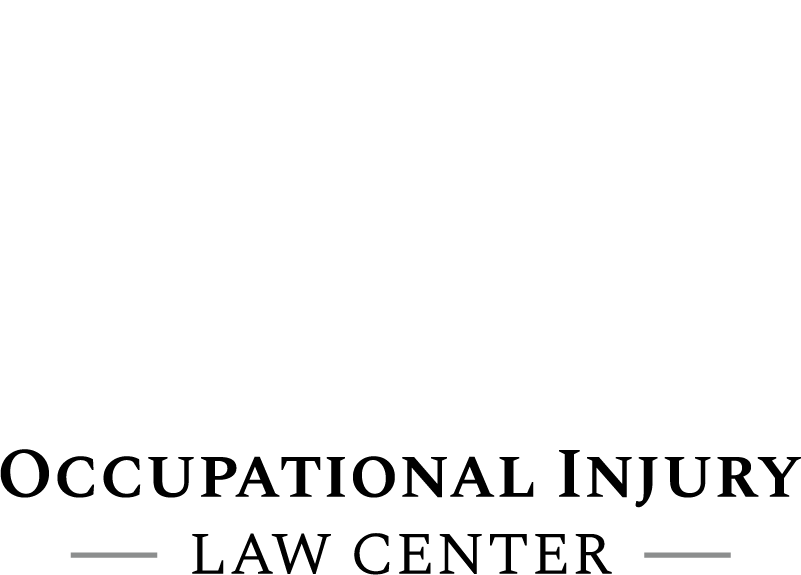Injured in a work-related accident? You should receive workers’ compensation benefits to cover your medical bills. You should also receive payments to make up for wages lost while you are unable to work. It seems like a simple concept.
Unfortunately, filing a workers’ compensation is not always straightforward. California’s Department of Industrial Relations has created a guidebook to help. However, each case is different and you may want someone on your side to help you navigate the process. Here are some instances when your workers’ compensation claim is likely not a do-it-yourself project.
When you do not understand the process
When you are dealing with an injury or illness, everything can seem a bit more challenging than usual. Filing a workers’ compensation claim involves several steps; the paperwork and documentation requirements can be confusing. If you feel intimidated or overwhelmed, get help.
When payments are late
The occasional delay may occur in workers’ compensation payments. However, constant delays can affect your treatment and your peace of mind. Employers or their insurers may stall or avoid sending payments as a way to disallow certain benefits. If you notice a pattern of late payments to your medical providers or your paychecks begin arriving late, it may be time to take action.
When your injury may be serious
Injuries or illnesses may be more complex than you first thought. You may suffer permanent damage or lifelong issues due to your work-related ailments. If that happens, the settlement your employer’s insurance company offers may not provide you with all the care you need. If you suspect you are facing ongoing medical issues related to your initial disorder, consult a professional.
When you become uncomfortable with your employer’s actions
Insurance companies deny or dispute some claims from the start; in such cases, the course of action is fairly clear. Other situations are more subtle. Your employer may deny the extent to which the injury or illness affects your work or life. Your employer may pressure you to return to work before your recovery is complete. If your employer becomes antagonistic as a response to your claim, educate yourself about your rights.

